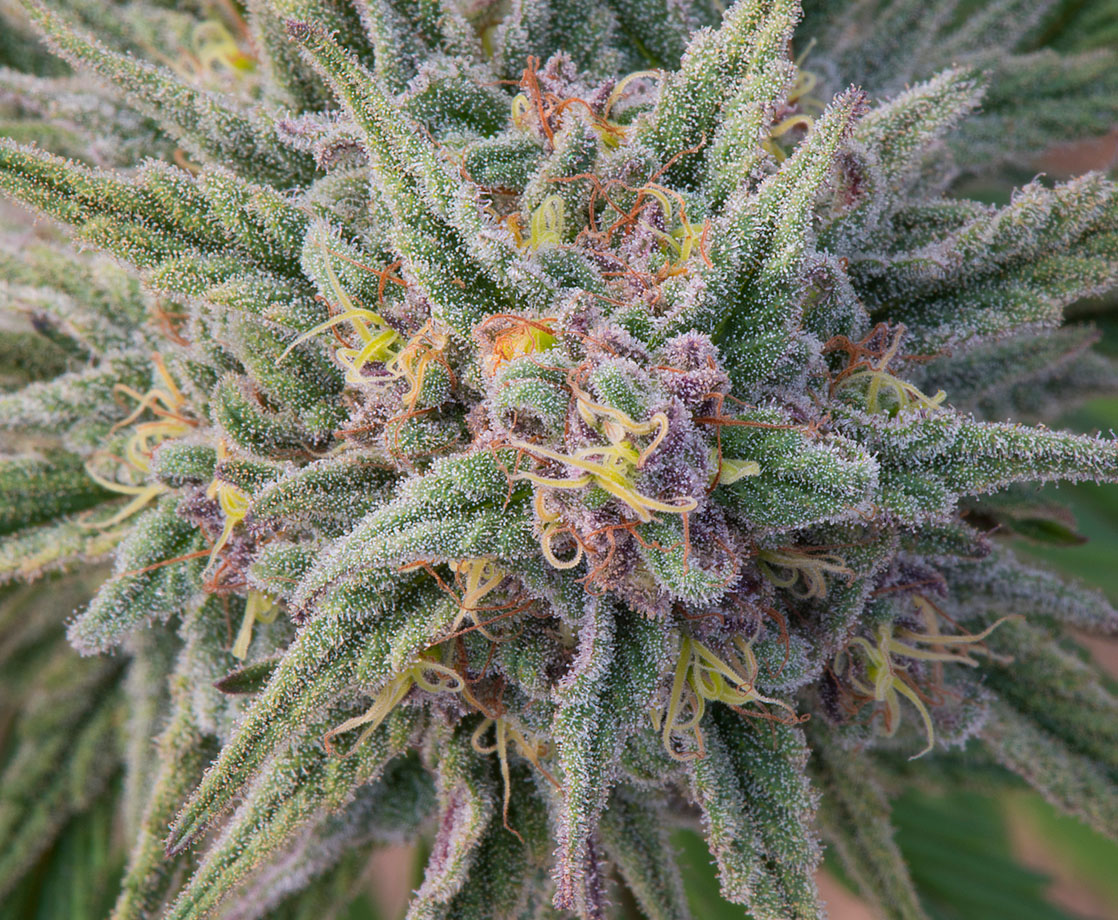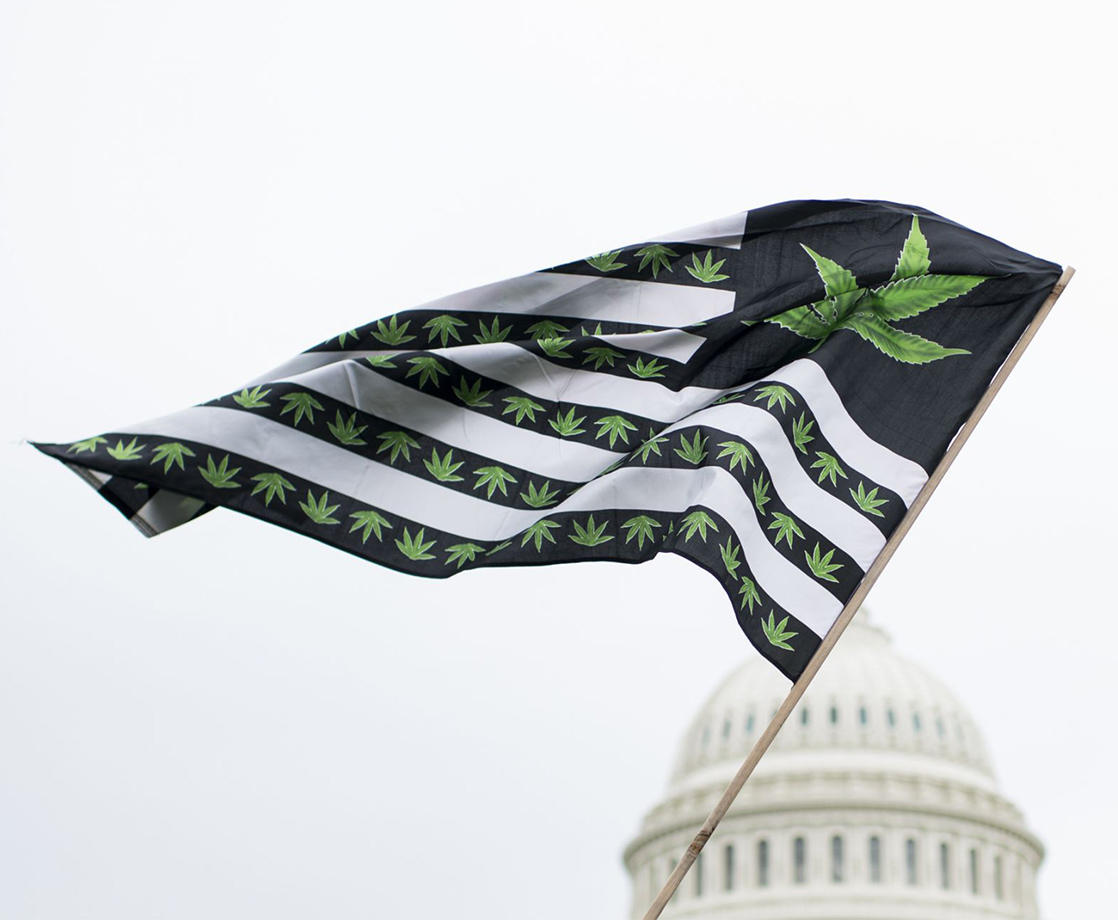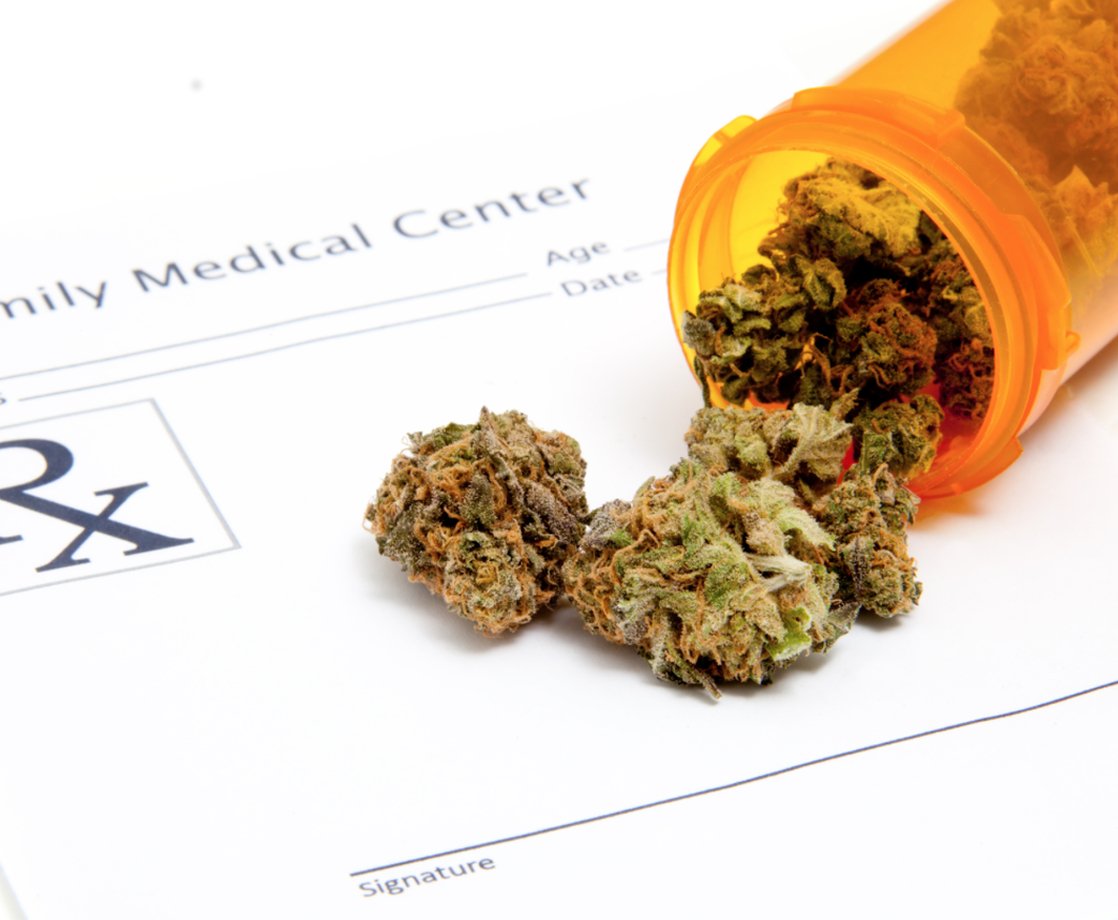Oklahoma voters passed one of the nation's most progressive medical marijuana ballot measures in late June, cementing the Sooner State as a new force in the Midwest's burgeoning green rush. In the days since, trade groups representing potential ganjapreneurs have voiced daily disagreements with each other and Governor Mary Fallin over the best path forward for the program's regulatory process, leaving industry insiders and lawmakers at odds.
In last month's primary election, Oklahoma voters approved State Question 788, legalizing the possession and sale of state-sanctioned medical marijuana. Unlike restrictive programs in neighboring states, the Oklahoma ballot measure did not specify any qualifying conditions, and would instead allow doctors to recommend cannabis for any ailment they see fit. In addition to the open access provision, SQ788 requires that state regulators begin accepting cannabusiness license applications my the end of August.
Gov. Fallin had said before the vote that she would call a special session of the legislature to implement a more focused framework for the impending program. Once the bill passed, though, the Governor reconsidered her stance, and announced that she would not be seeking a special session. Instead, she's turning all MMJ regulatory powers over to the Oklahoma Medical Marijuana Authority, a newly formed division of the State Department of Health.
"After conferring with House and Senate leaders, we believe a special legislative session is not necessary to implement provisions of State Question 788," Gov. Fallin said last week. "The Oklahoma State Department of Health has developed emergency rules that will ensure the health and safety of Oklahomans as well as being fair and balanced for the marijuana industry. The Health Department has been working with other agencies the past several months to develop a medical and proper regulatory framework to make sure marijuana use is truly for valid medical reasons. The voters have spoken, and it's important that our state has a responsible system up and running to meet the deadlines outlined in State Question 788. If circumstances develop that adjustments to the Health Department rules are necessary, those can be addressed when lawmakers return in regular session early next year."
As soon as Fallin announced the regulatory hand-off, local medical cannabis industry advocacy group New Health Solutions Oklahoma (NHSO) released a four page memo decrying the Governor's decision, once again calling for a regulatory debate at the state House. Without firm rules for laboratory testing, inventory tracking, and other intricate aspects of the program on the books before licensing begins, NHSO executive director Bud Scott argues that the industry will kickstart the program while it's still stuck in quicksand.
"Treating sick Oklahomans with medical cannabis requires establishing a new and very complex industry that includes growers, processing facilities, distributors, dispensaries, medical research, security and technology companies, and a variety of other professional services," Scott said in the press release. "All of these sub-industries, and the thousands of jobs they represent, require responsible legislation establishing an orderly and fairly regulated marketplace."
Breaking with that slow and steady approach, Chip Paul, a co-founder of Oklahomans for Health — the group that collected enough signatures to place SQ788 on last month's ballot — is siding with Gov. Fallin. In an interview with Tulsa World this week, Paul complimented Fallin and the state legislature for keeping their nose out of the voter-approved measure.
"We're in the proper place, and we should be dealing with the proper people," Paul told the Tulsa World. "Our [recommended] regulations are pretty close to the Department of Health's. I don't know why someone would call for a special session, that seems very costly and egregious."
Outside of the debate on who should be responsible for regulating SQ788, a new Oklahoma advocacy group, Green The Vote, has begun collecting signatures on two potential ballot measures to legalize cannabis recreationally. As of press time, Green The Vote representatives say that they have more than half of the signatures needed to place the question on November's midterm election. Advocates have called that potential ballot measure a "safe guard" in case regulators or lawmakers upend the language of SQ788.
For now though, it appears that state lawmakers will leave their hands off of Oklahoma's medical marijuana program, allowing Health Department officials to move forward with plans for a quick start and wide access — no matter what problems may stand in the way.
Follow Zach Harris on Twitter











